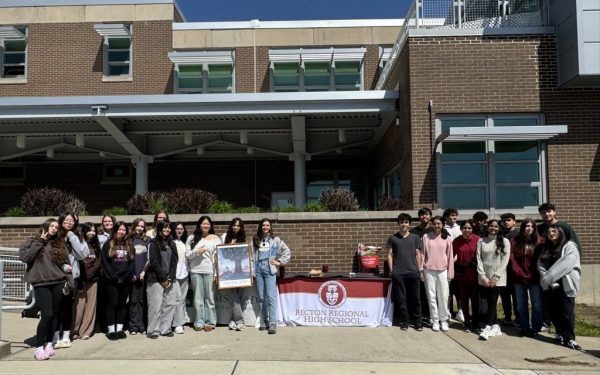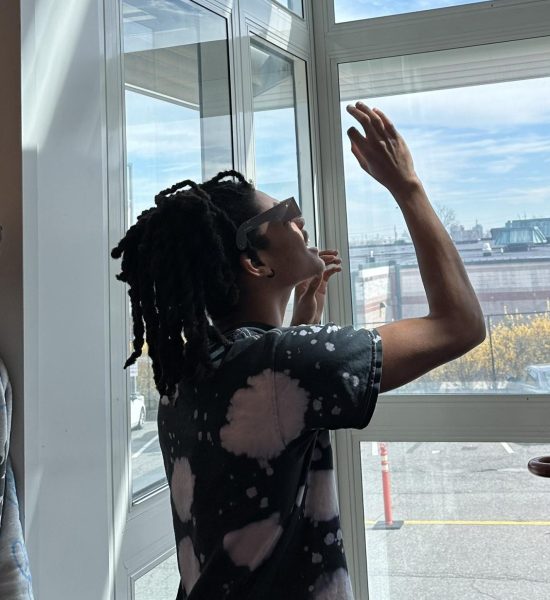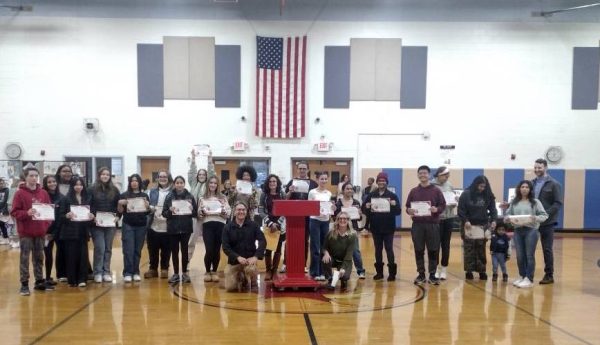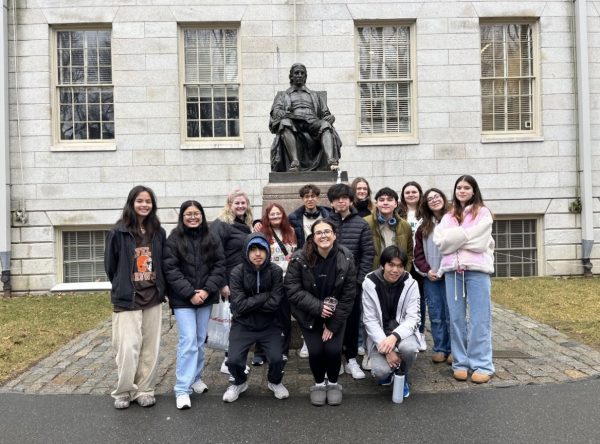Dr. Martin Luther King Jr.: An Inspiration to All
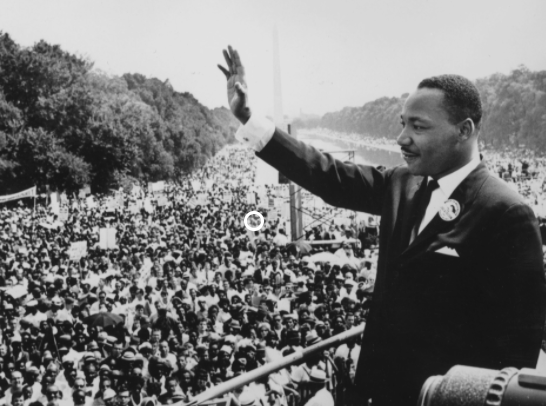
MLK delievers his famous “I Have A Dream” speech to over 250,000 people.
January 17th of 2022 marks the celebration of Martin Luther King Jr. Day to honor the life and tremendous work of Dr. Martin Luther King Jr.. After King’s death, a national holiday in his honor was requested by the people who supported his movement. Legislation for a federal holiday in King’s name was introduced in Congress as early as 1968, and finally, the third Monday of January was declared as a federal holiday in King’s honor in 1983, and it was first observed nationwide in 1986. Today, civil rights and political leaders generally give speeches which are accompanied with marches and parades to celebrate King’s legacy on this day.
King was initially born on January 15,1929 as Michael King to Martin Luther King Sr. and Alberta King in Atlanta, Georgia. His father was a pastor of Ebenezer Baptist Church therefore, religion had a very prominent role in King’s life. In fact, King Sr. adopted his name “Martin Luther King” in honor of the German Protestant religious leader Martin Luther, and King himself was renamed Martin when he was six years old.
Despite his initial shortcomings in religion, King excelled in education. He started public school at the age of 5 and went on to attend Booker T. Washington High School. King skipped both the ninth and eleventh grades and continued straight on to Morehouse College at the age of 15 in 1944. He also attended the Crozer Theological Seminary, where during his last year he met Dr. Benjamin Mays, “a scholar whose manner and bearing convinced [King] that a religious career could be intellectually satisfying as well”, The Seattle Times explains. Mays helped King to view Christianity as a potential force for social change, as he was an outspoken advocate for racial equality himself. This led King to renew his faith and resume his journey of working in the ministry. While still keeping focus on religion and becoming a minister at Dexter Avenue Baptist Church in Montgomery, Alabama, King continued to further his education even more and started his doctorate education in philosophy and ethics at Boston University in 1951.
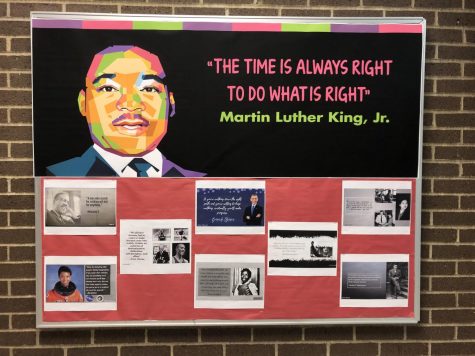
Although King had been successful in his studies growing up, he was unfortunately not shielded from racism during his childhood. His first experience of being discriminated against was with his father at a shoe store, where the family was ushered to the back and forced to exit after being told that they were not allowed in the store. Despite experiencing other situations like this, King did not let these circumstances falter him and instead let them empower him. He jumped right into the Civil Rights Movement that was taking place at the time when he was older and ended up playing a vital role in the success of the movement.
King’s involvement in the Civil Rights Movement started with the NAACP and the boycott by Rosa Parks. He was elected to lead the Montgomery Bus Boycotts, and his non-violent approach to protest was very motivating to others. This approach was utilized in many sit-in protests that took place throughout the South as well. Despite his peaceful protests, King received much criticism and punishment, where his house was harmed and he was even jailed as well.
However, King persevered through these obstacles and still proved to be an influential and effective leader. One of his most famous accomplishments, his “I Have a Dream” speech in which he called for an end to racism and equal civil rights, was definitely proof of this. This speech was delivered on August 23, 1963 to a crowd of 250,000 people and proved to be very effective. It led to the passing of the Civil Rights Act of 1964, “which ended segregation in public places and banned employment discrimination on the basis of race, color, religion, sex or national origin”. Not only did this speech lead to national achievement and progress, it led to King receiving the Nobel Peace Prize in 1964 as well.
In the following years, however, the slow progress of civil rights in America as well as the constant threat of death and harm of his involvement in the movement started to discourage King. On April 3, 1968 he delivered a prophetic speech where he stated “I’ve seen the promised land. I may not get there with you. But I want you to know tonight that we, as a people, will get to the promised land.” The next day, King was shot by James Earl Ray on his balcony at Lorraine Motel, which caused uproar.
Although King lived an unfortunately short life, it was definitely not unforgettable or lacking influence. Celebrations of King occur each year locally, from within schools and towns to nationally, throughout cities and the country. His numerous peaceful protests inspired many throughout the country during his time and continues to inspire many people today. We at Becton Regional High School honor King for his lasting words and actions that ignited lasting change.

Neziha Ulker is a sophomore at Henry P. Becton Regional High School. Intriguing enough, the word “Ulker'' translates to “Pleiades constellation”...


